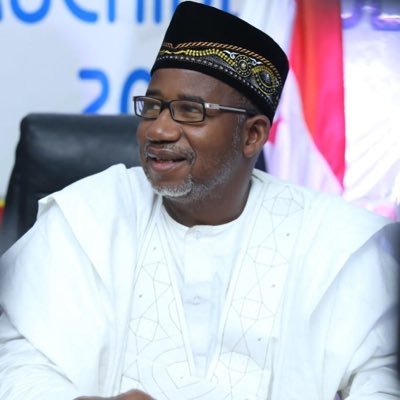
The Bauchi State Governor, Bala Mohammed, has lamented the alleged refusal of a majority of Christians in the state to be vaccinated against COVID-19.
The governor, who spoke on Saturday evening at the launch of the second round of the COVID-19 vaccination held at the Government House, Bauchi, called on the Federal Government to work with the states to deploy resources to procure the vaccines for the total coverage of our citizenry.
He said, “At this juncture, I want to call on my Christian brothers. I am surprised, not pleasantly, that most of them refused to present themselves, especially the members because of this campaign of calumny on population and demographics. They said they will not do it.
“Please, we are not expecting this from them because they are the most enlightened among our population and if they are not presenting themselves, the followers will not really present themselves.
“I am really excited that the Ulamas, including Sheikh Dahiru Bauchi, all the Emirs, all the Imams, including the Chief Imam, and indeed all the Ustaz, have presented themselves for this (vaccination). I therefore, want my brothers and clergymen to take a cue from our Ulamas, so that they will show an example and for us to have total coverage.
“They have not allowed themselves to be vaccinated, apart from the officials of the Christian Pilgrims Welfare Board, and that will leave us out in the next (pilgrimage) exercise. I must say this so that at the end of the day, the government of Bauchi will not be blamed.”
He urged the Christian leadership to meet with the state government to discuss the problem, saying the government did not want any exclusion.
Earlier speaking, the Executive Chairman, Bauchi State Primary Health Care Development Agency, Dr Rilwan Mohammed, appealed to the governor to prevail on the Christian community in the state, pointing out that their refusal to be vaccinated was causing a setback in the state.
He said the state received a total of 105,020 doses of the COVID-19 vaccine and had vaccinated no fewer than 47,290 people.











